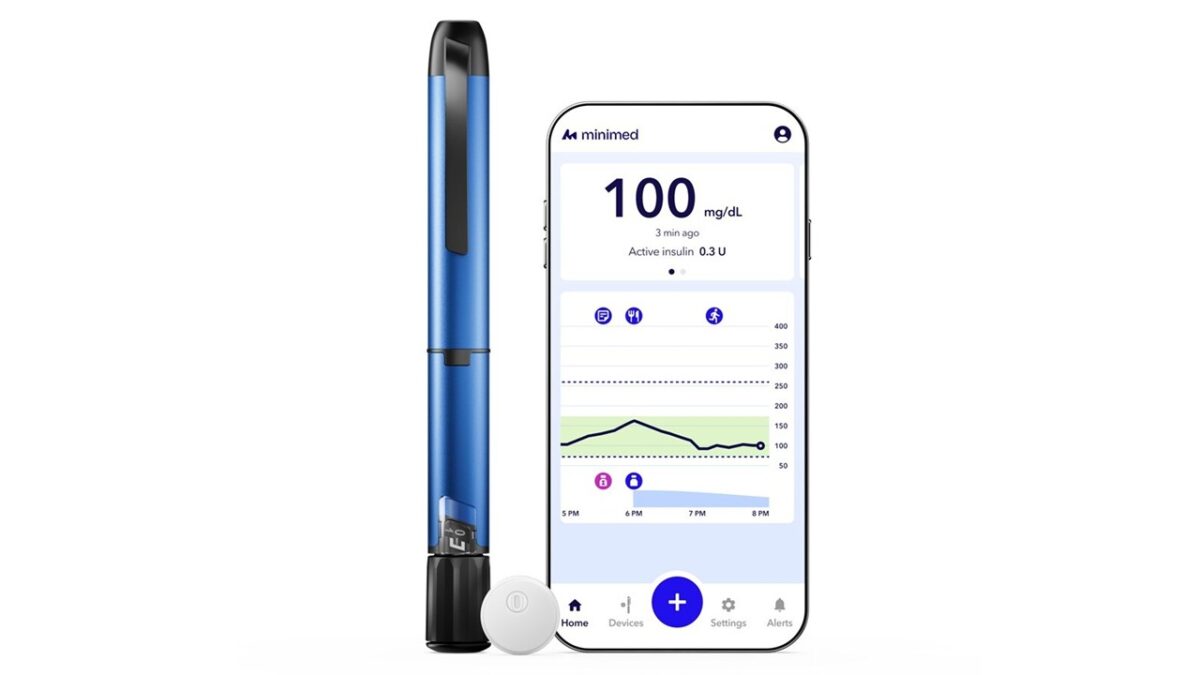The US Food and Drug Administration (FDA) has granted Breakthrough Device clearance to Ultromics’ EchoGo Amyloidosis device through its Total Product Lifecycle Advisory Program (TAP).
Cardiac amyloidosis, a serious and often underdiagnosed heart condition, poses significant diagnostic challenges even for experienced clinicians. It is characterized by the build-up of abnormal protein deposits in the heart tissue, leading to stiffening of the heart walls and impairing its ability to pump blood effectively. With its nonspecific symptoms and overlap with other cardiac diseases, early detection remains elusive — often leading to delayed treatment and worse outcomes for patients.
The FDA’s Total Product Lifecycle Advisory Program supported the streamlined development and clearance of the EchoGo Amyloidosis device. This breakthrough device is the first software-only tool cleared to detect cardiac amyloidosis using echocardiography, marking a significant milestone.
“Echocardiography is a powerful tool for evaluating cardiac structure and function and is central to the detection and monitoring of disease,” said Ross Upton, CEO and founder of Ultromics, in the company’s news release. “However, there are some diseases that are very challenging for even the most expert clinician to detect on an echocardiogram.”
Built on Ultromics’ AI-powered EchoGo platform, the EchoGo Amyloidosis device leverages AI to analyze a single apical four-chamber echocardiographic video clip, eliminating the need for extensive clinical data. Seamlessly integrating into existing clinical workflows, the system requires no additional hardware or software installations. The AI processes the echocardiogram, generates a diagnostic report, and delivers it directly to the Picture Archiving and Communication System (PACS) — a digital platform used by clinicians to store and access medical imaging — for review by the interpreting physician.
By prioritizing patient triage and streamlining communication, EchoGo Amyloidosis ensures that patients with suspected amyloidosis receive timely follow-up.
In its FDA submission, the device demonstrated 84.5 percent sensitivity and 89.7 percent specificity within its target population — individuals aged 65 and older with heart failure.
The device also showed consistent accuracy across different subtypes of cardiac amyloidosis in the same submission, achieving sensitivity rates of 84.4 percent for light chain amyloidosis, 85.8 percent for wild-type transthyretin amyloidosis and 86.3 percent for hereditary transthyretin amyloidosis. This consistency highlights its broad applicability across diverse patient groups. Moreover, the device achieved 100 percent repeatability in diagnostic outputs, reinforcing its reliability for clinical use.
EchoGo Amyloidosis sits on the EchoGo platform, alongside the EchoGo Heart Failure device, offering an integrated approach to diagnosing heart failure and its underlying causes.
XTALKS WEBINAR: How EHR Data Can be Used to Advance Guideline-directed Care
Live and On-Demand: Thursday, December 5, 2024, at 12pm EST (9am PST)
Register for this free webinar to discover how complete electronic health record (EHR) data are advancing medical device performance and improving patient outcomes.
According to Professor Sanjiv J. Shah of Northwestern University, AI-based diagnostic tools like EchoGo Amyloidosis hold significant potential to facilitate disease identification, particularly in clinics and hospitals with limited expertise or resources.
Cardiac amyloidosis can significantly shorten survival times if not diagnosed early. Patients with heart failure and preserved ejection fraction — a population particularly at risk — often go undiagnosed, compounding the issue. One such study, the PREVAMIC trial conducted in Spain, found that cardiac amyloidosis was present in 20.1 percent of 453 patients aged 65 years or older with heart failure and thickened heart walls.
EchoGo Amyloidosis aims to bridge this diagnostic gap, offering a scalable, cloud-based solution for clinical settings.
Last year, Anumana debuted its FDA-cleared ECG-AI LEF for detecting low ejection fraction, a critical marker of heart failure, using electrocardiogram data. EchoGo Amyloidosis joins this growing wave of AI innovations, advancing efforts toward earlier diagnoses and better outcomes in complex cardiac conditions.












Join or login to leave a comment
JOIN LOGIN